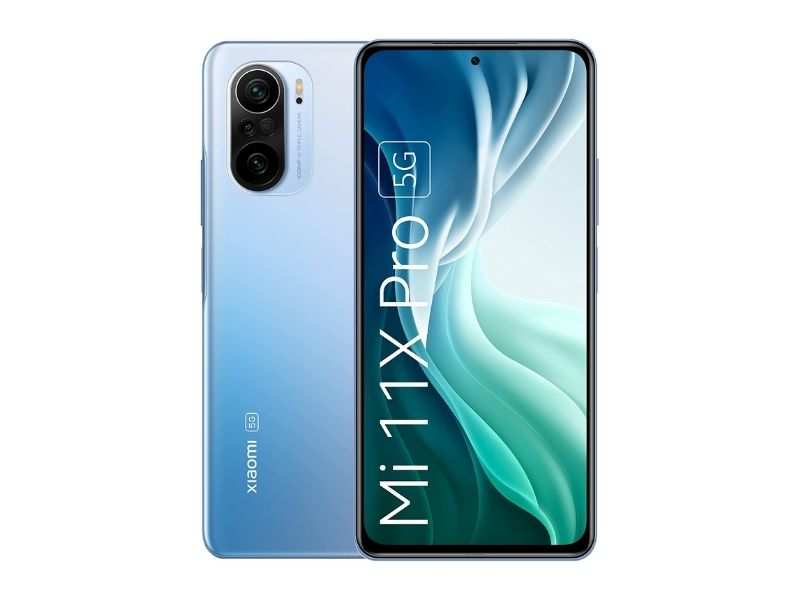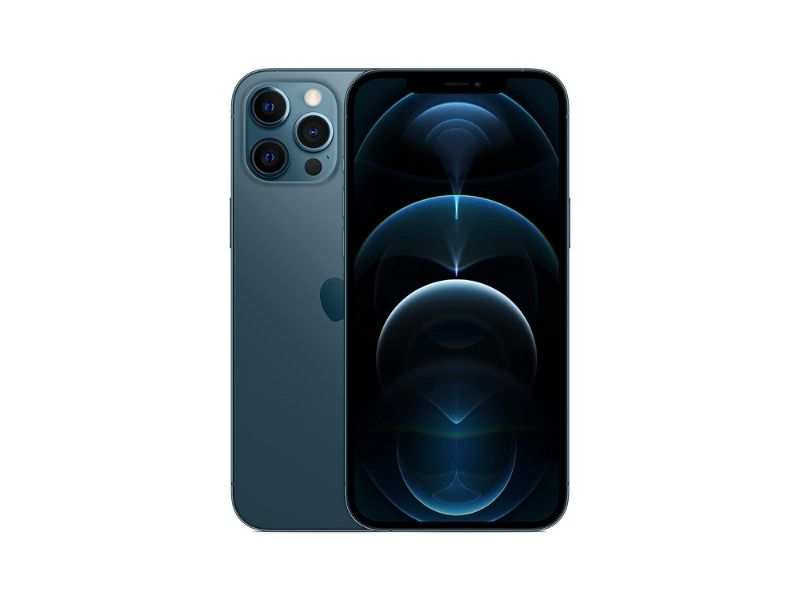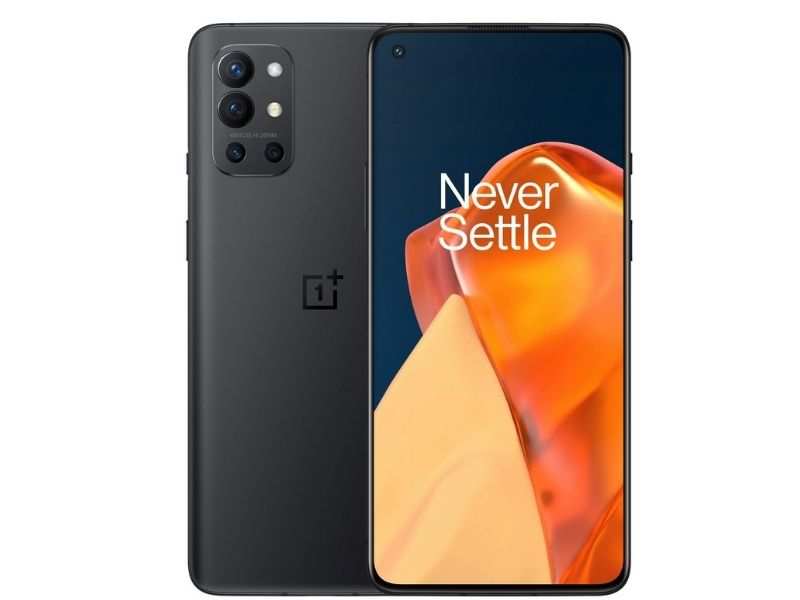One of the biggest discussion points while buying a smartphone is whether to check the specifications of the mobile phone or just see if it fulfills our requirements. This is not the only discussion - camera, software, brand, RAM, connectivity, and several other specs are looked at as well before one decides to make the purchase.
So, what to do if you are buying a smartphone? Let’s start with making a list of our requirements and what all we need in our smartphone.
| Things to Look Out for | Ideal Specifications |
| RAM | 4-8 GB RAM |
| Camera | 40-60 megapixels |
| Connectivity | 4G, WiFi, VoLTE, Bluetooth |
| Software | Android, iOS |
| Screen | LCD/LED Screen |
| Battery Life | 8 hours-24 hours on a single charge |
| Internal Storage | 64 GB- 256 GB |
RAM is the space in your mobile phone that lets the running apps store the data they collect. In layman’s terms - the higher the RAM, the higher the capability to run simultaneous applications and store their data. 4 GB-8 GB is an ideal RAM size for a budget smartphone but if you are looking for phones, which have higher RAM then you’d have to go for a bracket beyond budget smartphones.
You can indeed pin down your entire buying decision on this one factor itself. The size of the RAM generally contributes to the speed and performance of your phone.
There are phones available in the market which have RAMs ranging between 4-8 GB. Here is the list of the approximate price range and brands that you may get.
| RAM Size | Brands | Price Range |
| 4-8 GB |
Xiaomi Samsung OnePlus Apple |
Rs 15,000- Rs 65,000 |
Buy best RAM Phones here:
Buy Best budget phones here:
Step 2. Look For Camera Quality
Apple, Apple, Apple all the way. Apple iPhones arguably have the best camera, but to have an iPhone, one has to spend a lot of money. So what are the things that one should look for in the phone camera?
As phone technology advances, camera technology advances too. Today, phones have double, triple, and even quad cameras. Phone cameras work on sensors. The bigger the sensor, the better the image quality and vice-versa so without stepping into jargon. One needs to not only look for the megapixels in a mobile phone but also check out its sensor size.
Buy phones with the best camera here:
Step 3: Connectivity
Connectivity is an important factor in mobile phones. Not only should the mobile phone be compliant with the 4G technology but it should also be ready for 5G. Although 5G is still far, 4G connectivity is a must in mobile phones. Bluetooth and WiFi connectivity is something that you’d definitely need in your phone.
Several smartphones, such as iPhones also have Apple AirDrop which is Apple’s proprietary connectivity solution.
Here are some phones with the best connectivity:
Step 4: Operating System
One of the biggest debates ever has been - Which is Better iOS or Android?. Now that is down to one's preferences. If you have previously used iOS then you may not prefer shifting to Android and vice versa. The operating systems just lock you in their ecosystem and never let you leave. But, there is no rule that you cannot change your operating system. Androids can pack in more RAMs and allow customers to get into the coding side of operating systems while iOS would not allow anything like that.
Without commenting on personal favorites, it is down to the decision-maker if they need to stay in their previous OS ecosystem or change.
| Operating System | Best brands | Price Range |
| Android | Samsung Xiaomi OnePlus |
Rs 10,000- Rs 80,000 |
| iOS | Apple |
Rs 28,000 to Rs 1.47 lakhs |
Step 5: LCD and LED? The difference is what we see and touch. LCD screens are cheaper to produce, which means that the overall cost of the product goes down. However, they have better brightness and visibility in sunlight. Because of the high backlight, they can drain the mobile’s battery quickly and are overall heavy.
Coming on to LED, it is lighter and thinner and gives better images in the dark. However, this would be a little heavy on your pocket.
Step 6: Battery LifeBattery life is one thing that everyone buying a new smartphone should look out for. As per basic knowledge, Apple has less battery life. If you purchase an iPhone then the battery life will range between 8 hours to 12 hours depending upon usage and phone specifications.
Androids have a good battery life, many of them last 12 hours to 24 hours on a single charge.
Buy phones with the best battery life:
Step 7: Internal Storage
Finally, the last most important aspect before boiling down on a mobile phone is internal storage. Depending on your usage and previous experience, you can figure out how much internal storage you would like to have in your phone. Ideally, 64 GB-256 GB is what you should be looking for.
Buy phones with the best storage here:
Apart from the above-mentioned features, there are other aspects that you may look out for, depending on your criteria. These other specifications may include:
- Fingerprint sensor vs Face Unlock
- Wireless Charging
- Gaming Mode
- Bluetooth Version
- IP Rating
- Dual Sim
- Reverse Charging Feature
- Stereo speakers
- Screen Aspect Ratio
- Hardware
- How quickly can mobile technology change?
Fairly Quickly. It doesn't take time for smartphone makers to come with new technologies. If you love shifting to the most recent technology then you may buy budget phones - Will Amazon deliver phones during a lockdown?
Yes, however, expect certain delays due to different rules and regulations - What are the best and top-end brands?
Apple,OnePlus,and Samsung
"Smartphone" - Google News
May 27, 2021 at 05:53PM
https://ift.tt/3uqD1jV
Smartphone Buying Guide: A Comprehensive Study On How To Buy The Right Mobile - Times of India
"Smartphone" - Google News
https://ift.tt/2QXWyGT
https://ift.tt/2KSW0PQ
Bagikan Berita Ini

















0 Response to "Smartphone Buying Guide: A Comprehensive Study On How To Buy The Right Mobile - Times of India"
Post a Comment